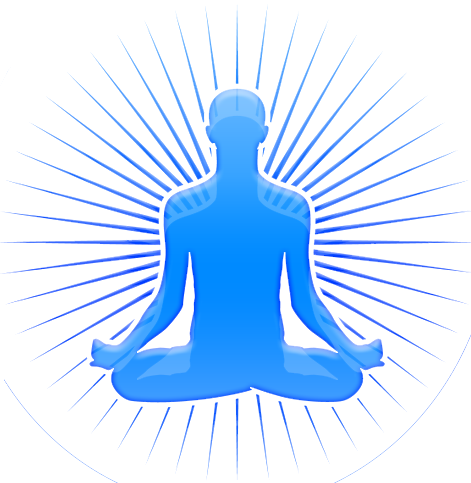Menopause Sleep Problems?
Menopause is a natural process that happens to women as they reach the end of their reproductive years. Changes that occur during this time can lead to sleep problems, such as difficulty falling asleep and staying asleep. Many times this problem is caused by hot flashes and mood swings, but it can also be caused by other factors such as menopause-related changes in hormone levels. Sleep can be disrupted by hot flashes because they may cause anxiety or stimulate activity in the brain. Mood swings can also keep you up at night because they can lead to intense thoughts and feelings.
Causes of Menopause Sleep Problems?
Sleep during menopause may be difficult because of changes in hormones. The following are some common causes of sleep problems during menopause:
Sleep deprivation: Many women experience sleep problems during menopause because they are not getting enough sleep. Stressed out from work or family obligations, a sleepless night may be the result.
Frequent night wakings due to hot flashes or other symptoms of menopause: A hot flash is a sudden increase in body temperature that can occur at any time during menopause, but is most common in the early evening and at night. This can cause a woman to wake up often during the night to use the bathroom or change clothes.
Changes in sleep habits associated with aging: As women near the end of their reproductive years, they may find it more difficult to fall asleep and stay asleep. Difficulty sleeping can also be a symptom of other health problems, such as anxiety or depression, and may need to be treated separately.
Types of Menopause Sleep Problems?
Menopause is a time when many women experience significant changes in their sleep patterns. While there are many different types of menopause sleep problems, some common ones include difficulty falling asleep, staying asleep, and waking up during the night. Here are some tips for dealing with these issues:
Make sure you’re getting enough sleep: The quality of your sleep is crucial during this time, and you need at least seven hours per night to feel rested. If you’re having trouble falling asleep, try to schedule regular bedtime rituals like reading or listening to calming music to help you relax before bed.
Avoid caffeine and alcohol before bed: Both caffeine and alcohol can disrupt your natural sleep cycle, which can make it harder to fall asleep. If you do have to drink beverages before bed, choose low-caffeine options that won’t keep you awake all night long.
Try a relaxation technique before bed: Many people find that practicing relaxation techniques such as deep breathing or meditation before bed helps them fall asleep faster and stay asleep longer. If you don’t have any relaxation techniques that work for you, try using
Effects of Menopause Sleep Problems?
Menopause is a time when a woman’s natural hormones decrease and can cause changes in sleep patterns. As a result, many women experience sleep problems during this time. Sleep difficulty is common during the early stages of menopause, but it can worsen as the years go on. Nearly half of all women experience some type of sleep problem during their menopause.
Some of the most common sleep problems during menopause include:
Insomnia
Sleep apnea
Restless leg syndrome
Narcolepsy
There are many ways to address these problems, but sometimes the best solution is to see a doctor. If you’re experiencing one or more of the abovementioned sleep difficulties, talk to your doctor about what you can do to improve your situation.

